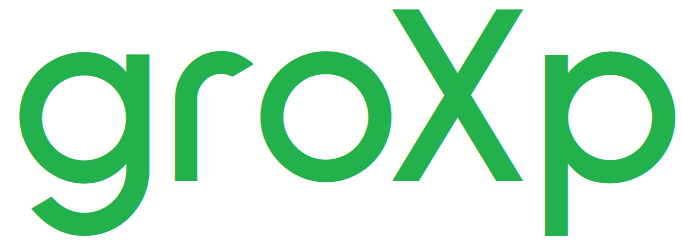Here is a list of some common digital marketing terms and their definitions:
- Affiliate marketing: A type of performance-based marketing in which a business rewards one or more affiliates for each visitor or customer brought by the affiliate’s own marketing efforts.
- Analytics: The systematic analysis of data or statistics in order to understand and inform business decisions.
- Blog: A website or section of a website that publishes regular content, usually in the form of written articles or posts.
- Content marketing: A marketing strategy that involves creating and distributing valuable, relevant, and consistent content to attract and retain a clearly defined audience, and ultimately, to drive profitable customer action.
- Conversion rate: The percentage of website visitors who take a desired action, such as making a purchase or filling out a form.
- Cookie: A small file that is placed on a user’s computer by a website and that stores information about the user’s browsing history and preferences.
- CRM (customer relationship management): The practice of managing and organizing customer interactions and data throughout the customer lifecycle, with the goal of improving customer relationships and business outcomes.
- Customer journey: The series of steps that a customer goes through when interacting with a company, from awareness of a product or service to purchase and beyond.
- Email marketing: The use of email to promote products or services, build relationships with customers, or retain customers.
- Landing page: A standalone web page, created specifically for the purpose of a marketing or advertising campaign, that is designed to direct the visitor to take a specific action.
- Lead generation: The process of identifying and cultivating potential customers for a business’s products or services.
- Metrics: Data or statistics used to measure the performance or effectiveness of a marketing campaign or strategy.
- Pay-per-click (PPC): A type of digital advertising in which advertisers pay a fee each time one of their ads is clicked.
- Search engine optimization (SEO): The practice of optimizing a website to improve its ranking in search engine results pages.
- Social media marketing: The use of social media platforms to promote a product or service.
- User experience (UX): The overall experience of a person using a product, system, or service, including the design, usability, and functionality.
- Web design: The process of designing and creating a website, including layout, aesthetics, and functionality.
Website: A collection of related web pages, images, and other content that is hosted on a single domain and can be accessed through a web browser.
